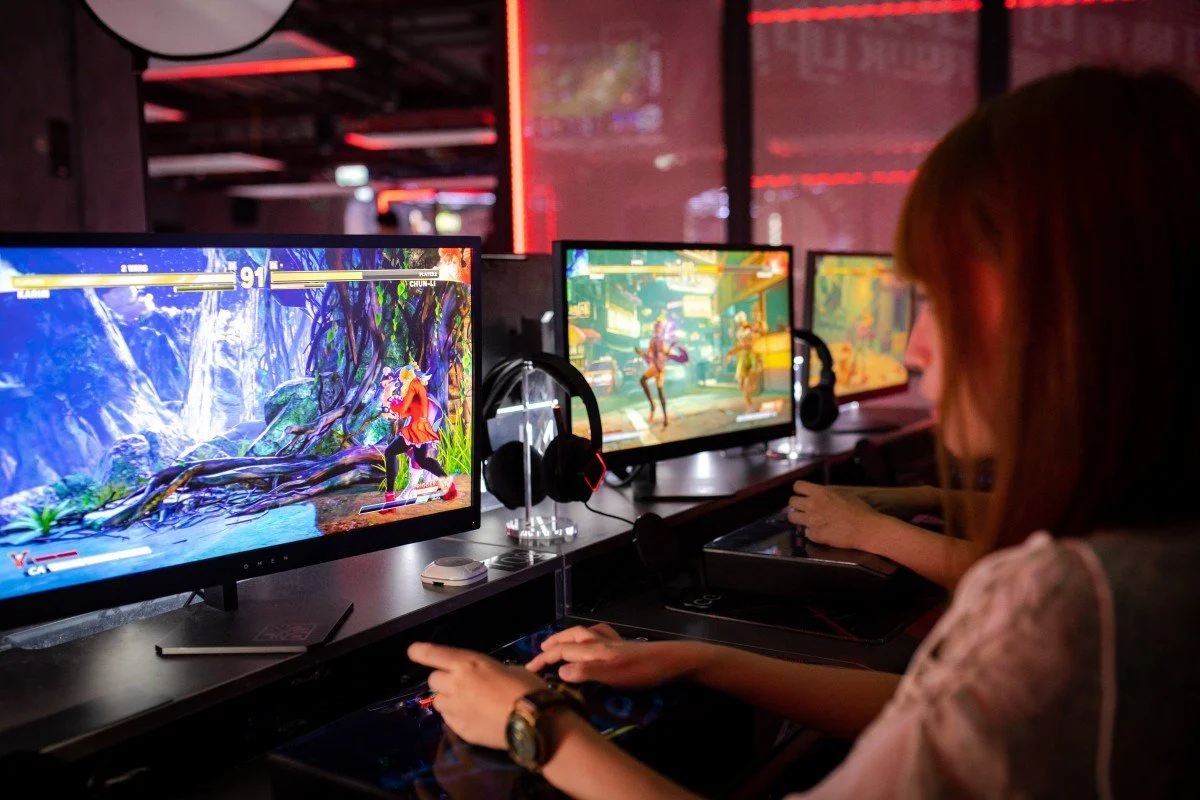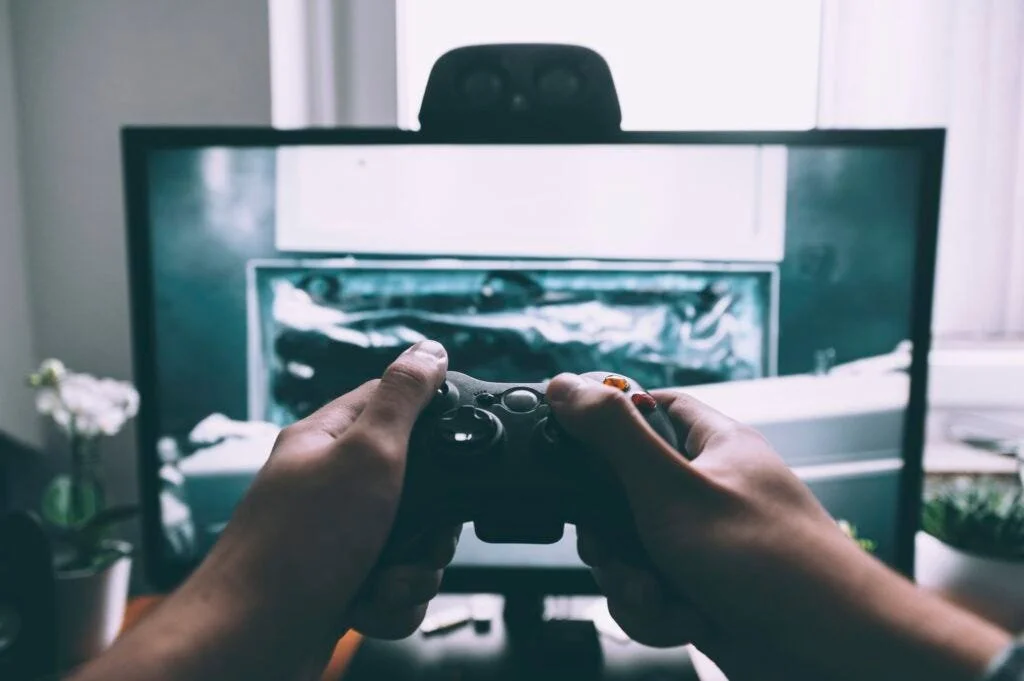 Photo caption on Flickr: "There was a queue waiting to photograph this little Dali painting." Photo by moirabot.
Photo caption on Flickr: "There was a queue waiting to photograph this little Dali painting." Photo by moirabot.
On the Technology in the Arts LinkedIn group a member, referencing this blog post, asked: "Will Tech Engage or Distract a Museum Visit?"
This simple question led me down a rabbit-hole of tangential questions and topics (internal vs. external technology, technology for information vs. dialogue, and so forth) that made it impossible for me to compose a post that contained any rhyme or reason. And so I return to that most basic question here.
Technology: does it engage or distract the visitor?
A friend of mine remarked, "I hate cameras for daily documentation. I think cameras detract from the authenticity of an experience, because you filter that experience through a lens." Certainly, I have photographs of experiences that I was a step removed from because I was so concerned with DOCUMENTING events that I didn't participate as fully as I could have. The flip side is that I have proof that indeed, I was there, it was awesome, and now I own it--forever.
This "ownership" issue arises when we debate photography policies in a museum. Often the photographers are people who take pride in having the experience, and want to have something by which to remember, share, and "keep" it. But as my friend said, in many cases they are likely removed from the immediacy of the art by the act of taking photos. Of course, the experience to them could be less about the art than it is about the "been-there-done-that" element of going to the museum, but is it fair to judge that person as being irreverent, or "missing the point?" At least they were there, and cared enough to take a picture, right?
Alternately, there is technology that is provided by some museums for the visitor to utilize. This technology is arguably nothing more than updated versions of the visitor's guidebook, later the VHS playing in the corner of a gallery, showing a documentary (available for purchase in the gift shop!) about an artist, or the walking audio-handsets. In some places a visitor may use his iPhone to scan a barcode and learn more information about a given piece. In others there are iPods set up that visitors can use to view a short movie about a work. And, of course, the curious smartphone user might use his own technology to visit wikipedia while standing in front of a piece. I argue that, in so doing, that visitor distills the experience of art into something that requires explanation, rather than a communication to be received by the viewer without others' interpretation. Of course, I also argue that that sense of curiosity shows a degree of interest on some level, and should not be condemned.
Technology removes the necessity for personal, visceral interpretation of a piece; as quickly as a viewer can form an impression he can access a wealth of information that competes with (or "legitimizes") his instinctive understanding. While I am a testament to the fact that background information can completely sway the experience of viewing a certain piece, and I have grown to love certain pieces because of what I have later learned about the artist, historical context, and so forth, I don't know that I think the museum experience should necessarily be a lesson ABOUT the art.
Shouldn't the learning be a supplement to the going? I think about the symphony, or ballet, or opera, or theater--the audience may have some information in their program to lend insight into plot, composer, musicians, and so forth, but I would be surprised if I were surrounded by audience members simultaneously listening to a recording that said, "Now, this movement here represents..."
By techologizing the experience of visual art, are we pandering to a society that wants experience for the sake of having done it, wants to know what to think without forming a decision, that needs to have as much information as possible in as little time as possible? Are we leading people to experience art the same way they experience a trip: interpreted by GPS rather than orienting themselves in their world, figuring it out from a map, appreciating the journey?
Or are we addressing the fact that museums are expected by many to be intimidating places, off-putting and cold, sterile and quiet, where disliking something makes the viewer feel as if he just doesn't "get it?" Is technology the antidote, a way to inject the familiarly contemporary into an institution that is perceived as unchanging and never-aging? Are we introducing a new way to experience art, and it fair to value one experience above another?
Addendum: The Brooklyn Museum's blog post about successful and unsuccessful uses of technology in the museum.






